Today I took my last bike ride of the summer. I will be back in the classroom tomorrow, but this afternoon I was next to the ocean with the wind in my hair and the sun on my face. The view to my side looked something like this:
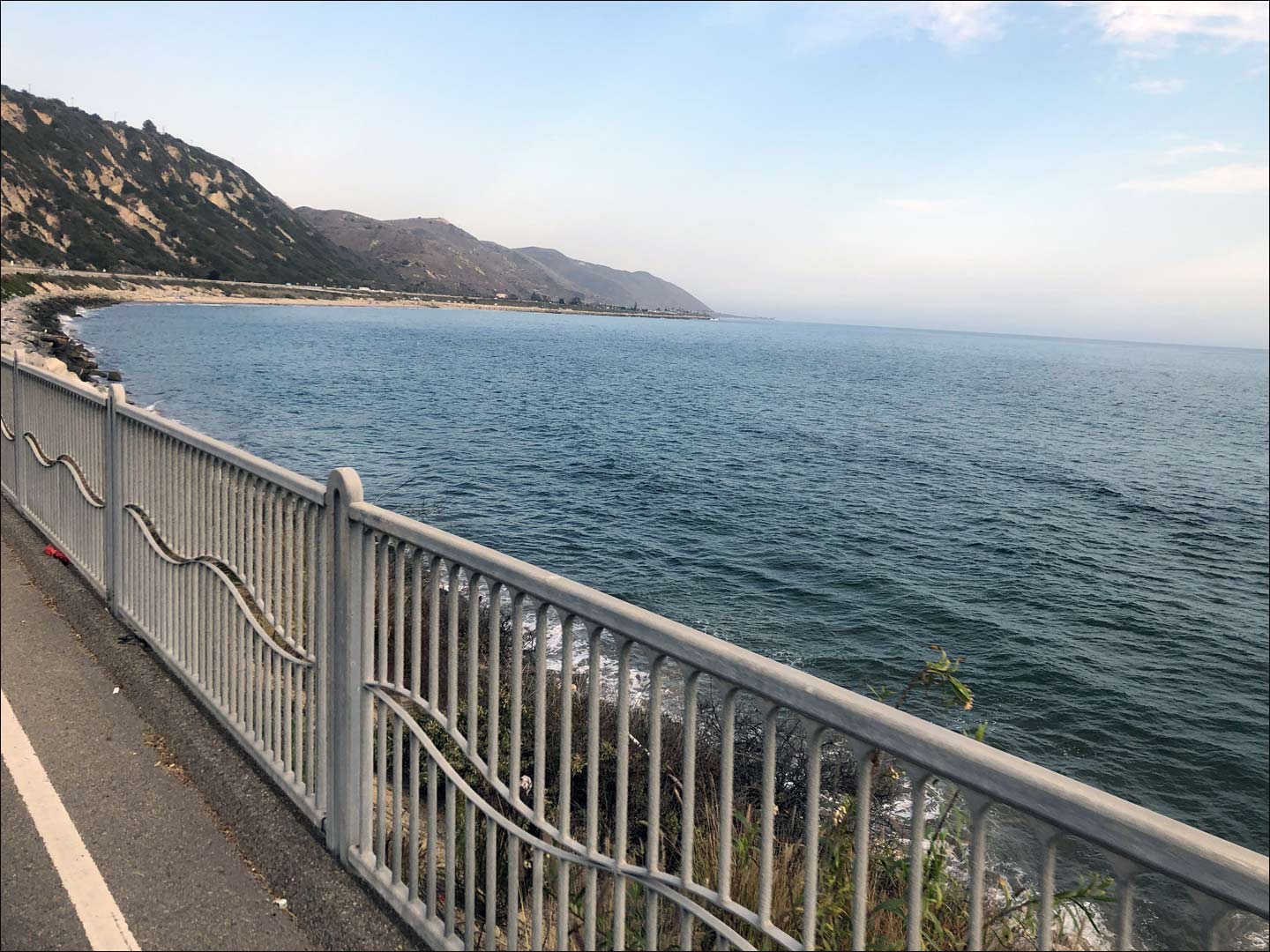
It was a wonderful ride from the Pierpont area in Ventura to the Santa Barbara County line and back along the coast.
I was thinking of goals and the new school year, and my thoughts revolved around this general principle: Anything worth doing seriously should be difficult to do, and you should expect nothing less. (The actual thought that came to my mind was this: Anything worth doing should be hard, but that has a sexual double entendre which I would avoid.)
I thought about this because as I was riding I came across persons on “electronic bikes.” These loungers without even a bike helmet on are pedaling lazily while traveling at 17 mph without working hard. I took a ride on an electronic bike once in this manner, and I arrived to my destination without breaking a sweat. It felt as if I were cheating. More like driving a car than riding a bike.
Now I bike ride mostly for the exercise. I ride to burn off anxiety and calories at the same time. And when I see these electronic bikers, I look sideways at them. They are cheating. They might respond that they don’t care to exercise while getting from point A to point B, and they will take the electronic assistance. I would wonder if they are not adding to the American epidemic of obesity and laziness. Americans drive across the block rather than walk. They rely on electronic assist on their bikes rather than pedal power and muscles. This is no-good.
Let me tell you a story, gentle reader.
I used to have instructive encounters with motorcyclists on this theme in the Santa Monica Mountains above Malibu, California. I would be laboring hard to pedal up some big hill on my road bike, sweat poring off me and my face red as a tomato. It was just me, my bike, the road, and the rattlesnakes and tumbleweeds in the Southern California desert foothills. Suddenly, a pack of Harley Davidson motorcyclists would come roaring around the corner. We had about a second or so to recognize each other before they flew past me downhill. But we had enough time to make a split second non-verbal communication. This is what their eyes said to me: “What the hell are you doing humping up these hills on a bicycle? There are easier ways to navigate the Mulholland Highway!” This is what my eyes told them: “Why don’t you get your fat ass off that motorcycle? Come earn your sweat on a bicycle?” They roared by me and were gone forever.
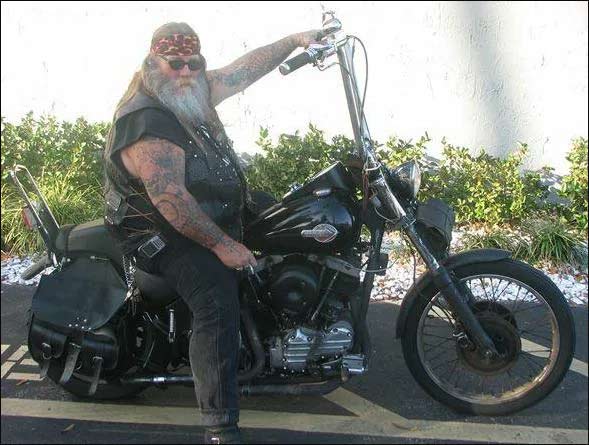
Yes, I am in favor of biking out in the Southern California mountains. I am against motorcycling through them. It might be quicker and easier. But that is all it is. Quick and easy is not always best.
Riding a motorcycle around rural highways almost anyone can achieve. But not everyone can bike through them. Riding 50 miles through the same terrain using only a road bike and your lungs and muscles might take more time, effort, and exertion. But the payoff will be so much more.
Enough of Americans seeking the easy-out! Enough part-time slackers and lazy amateurs! Do it for real, or don’t do it at all.
If you want to learn and become accomplished in the sport of tennis, for example, you should take it seriously. Get the proper clothing and gear, learn the proper technique, and maybe take some lessons. Watch the pro players and try to learn from them. Make it a formal study; seek to become good at the sport. Consider yourself a real tennis player. Don’t just go out there and hack at the ball with a 30-year old racquet while wearing Vans skateboarding shoes. Buy real tennis shoes and a quality racquet and learn and practice the fundamentals. Compete in local tournaments and sign up for USTA League play. Put yourself on the path where you can improve and beat players who used to beat you. Make friends and acquire new social circles. Take up the sport of tennis and over several years (or an entire lifetime) and enjoy the profound pleasures which come with playing and competing at ever higher levels. Because, yes, tennis looks easy but is hard to learn. There are the grips, the spins, the footwork. Forehands and backhands, topspin and slice, volleys and overheads — and most importantly of all, the toss of serve and the serve itself. It takes years and years to get good at all these. The same is true in golf: you can hack at the golf ball, but learning the proper grip and strokes takes a long time and much effort. Most quality players learned how to play golf or tennis in their childhoods. They acquired their technique along with their mother’s milk, almost.
Or, as many Americans increasingly are doing, you can avoid the time and hard work of tennis and just play pickleball. I have even heard proponents of “the fastest growing sport in America” brag that you can enjoy pickleball without having to spend long years learning the strokes. It is quick and easy to learn. Maybe so. But there is also little serious athleticism in covering so small a court. Using the wiffle ball does not allow one to get much of any spin on the ball. If you are over sixty years old and need the easy version, then play Pickleball. But if you can run and swing a real tennis racquet, play the real thing — tennis. There is golf, and then there is miniature golf. There is tennis, and then there is pickleball.
Play the real thing.
The fact that galls me in particular is that we are losing many tennis courts because they are being converted into pickleball courts. Pickleball is more popular! advocates claim. The tennis courts go unused while the Pickleball courts are crowded. Maybe so, alas.
But is this dynamic not one more example of the laziness and impatience of Americans? They want the easier option instead of the better one? It is a sunny Saturday afternoon and one wants to head out for the open road. But Instead of getting on their road or mountain bike they get on a motorcycle?
I see this at play in another passion project of mine: marksmanship. A person can — and should — make a formal study of it. They should have the rules of gun safety drummed into them until they become instinctual. They should learn how to properly hold a firearm and pull the trigger straight back without disturbing the sights — the all-important trigger-control. They should take classes, set goals, and practice regularly. They should pay for quality instruction from professional instructors and pay close attention to feedback. Marksmanship is a perishable skill: it degrades without regular practice. So they should go over again and again the fundamentals; they should use a range journal and conscientiously work to improve. They should practice dry firing two or three times a week, no matter how boring it can be. The range master at Edson Range at Camp Pendleton once me that Marine Corps recruits first cover gun safety a bit and then spend AN ENTIRE WEEK dry firing before they shoot a single live round. Wow! That is quality instruction; that is going over fundamentals again and again. Even a recreational shooter should be doing some of the same serious training the military uses. Run drills. Do realistic training. Dry fire constantly. Take it seriously. Do so for months and years. See the improvement come.
Or you can just go out to the desert twice a year and shoot shit up with your AR-15. You can thrill to the noise and excitement of the gunfire. Or you can go “plink” at the indoor range without rhyme or reason. Shoot paper targets mindlessly and savor the smell of gunpowder. There is nothing necessarily wrong with this, but your shooting will not improve. You are just playing around, not focusing on improvement. You are not taking it seriously. And so you never will gain that more substantial sense of accomplishment which comes from consistent growth over the long-term.
For example, take the desire to learn to play music. Don’t pluck around on the piano or guitar and pick up a little of this and a little of that. Learn how to read music and play chords. Get a teacher and take lessons week after month after year.* Take it seriously and commit. This is where the real growth and fun comes in. The joy and fulfillment you get from your passion projects are directly proportional to the time and effort you invest in them. Take the slow road. Do it the right way. Put in the hard work. Expect frustration and obstacles to improvement. Then overcome them. Patience and persistence; slow but steady. Seek to become accomplished. An expert, as much as possible.
I recognize all of us have constraints on our time and finances. We can’t become experts in everything.
But we can — and should — become experts in some things. Watching Youtube videos about guns and shooting on the couch while drinking a cold one is no substitute for paying for and receiving professional training in a class at some hot, dusty shooting range for seven hours. I suspect Harley Davidson motorcyclists are tired and sweaty after an afternoon cruising the Santa Monica Mountains, but it is not the same tired and sweaty one gets in biking them.
Anything worth learning should be hard. You should want the hard work, knowing that only that pays the real dividends worth having. Only the “hard yards” of sustained, purposeful training yield substantial personal growth. Nothing worthwhile is easy. Embrace the process of growth. Search out the difficult and commit to it. Eschew the shortcuts.
If you learn how to read sheet music and play it on the piano with a degree of skill, that will be the work of at least several years. And those who can sit down and play a Chopin etude or Beethoven sonata — well, I am in more than a bit in awe of them. But such pianists took their study seriously, and there were no short-cuts or easy-outs. There is putting in the hard yards: commitment, discipline, patience, etc. A good teacher can help, but all real learning has a large degree of autodidacticism in it. As Isaac Asimov claimed, “Self-education is, I firmly believe, the only kind of education there is.’
How can anyone ever complain that they are bored? There are so many fascinating things to learn! If you ever allow yourself to become bored, it is your own fault. It is a failure of your own imagination to find something to occupy itself. I say as much to my daughters constantly when they complain to me of boredom. But they are kids. Adults should already know this.
The new school year is upon us, and it is high time to reach high and be ambitious with our learning goals. Don’t sell yourself short. As Daniel Burnham urged us, “Make no little plans; they have no magic to stir men’s blood and probably themselves will not be realized. Make big plans; aim high in hope and work.” Exactly!
Such were my thoughts on today’s end of summer bike ride along the beach on the California Central Coast. I hope to aim “high in hope and work.”
Put a photo here!
What might you do this year, my esteemed reader? Take up the study of the piano or guitar? Learn Japanese or Spanish? Join a book club? Read Proust’s Remembrance of Things Past or Tolstoy’s War and Peace? Learn how to make Italian pasta or Mexican tamales from scratch? Learn how to surf or scuba dive? Or to start training to run a half-marathon in 2021? Or to complete a full-marathon — how cool would that be? What a glorious feeling of achievement you would experience at the finish line! The world is wide and broad and full of wonder. There is so much under the sun.
The new school year starts tomorrow. A chance for renewal, something we all deserve now and again. Possibility lies before us, like Gatsby’s green light at the end of Long Island Sound. All we have to do is stretch out our arms and seize it. Put in the “hard yards” to make it happen. Earn our understanding, through struggle and persistence.
So it starts tomorrow.
Good luck everyone!
* Some will claim that those without money can never gain expertise because they cannot pay for a teacher. I mostly disagree. Money is helpful but not indispensable. Fifteen years ago I met a fellow English teacher from Valencia, California who told me his teenage son had developed a burning desire to learn the guitar. His son watched Youtube video after Youtube video about playing the guitar, and with their help over several years taught himself to play. He paid nothing for his guitar lessons and never took a class. Teachers can be helpful and might be great, and paying for quality instruction can help greatly, but if you want to learn wild horses will not stop you. Money is less important than the desire to learn. If you really want it, you will find a way. When the student is ready, the teacher will appear.
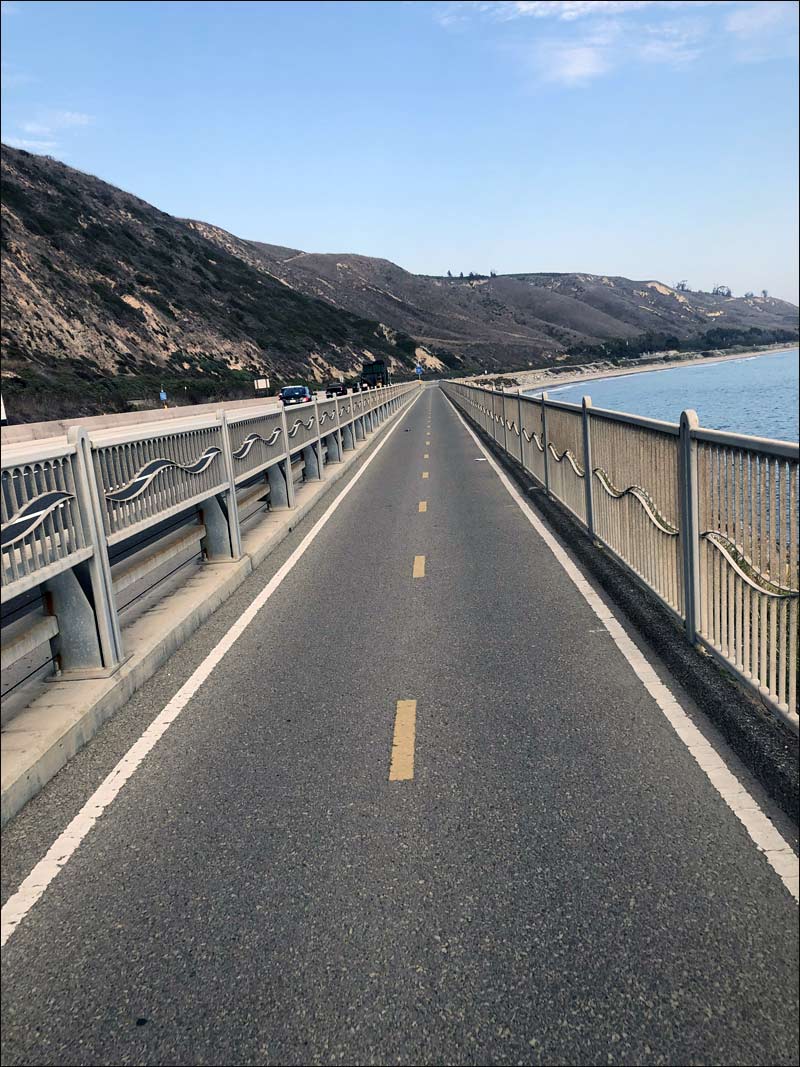
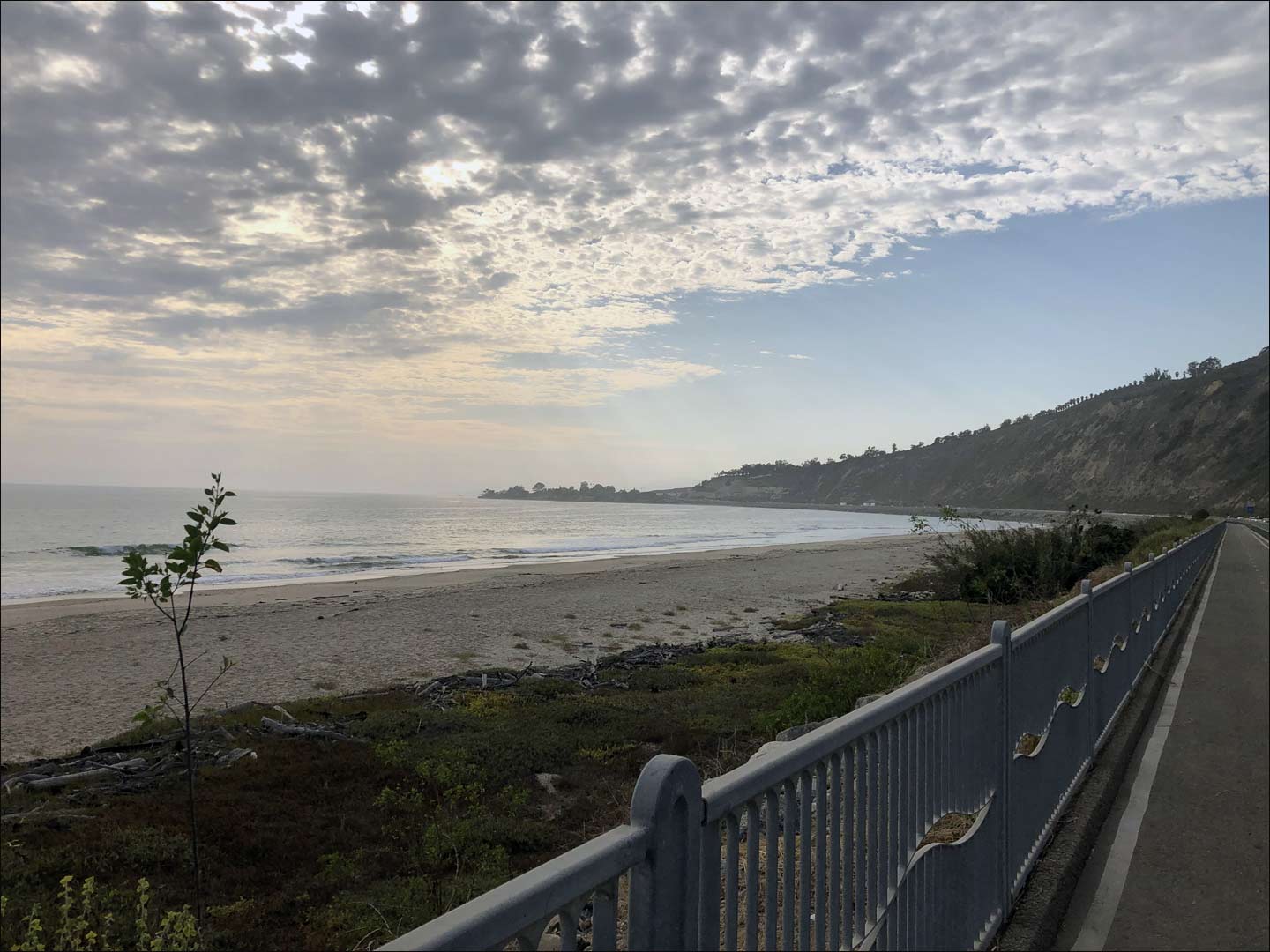
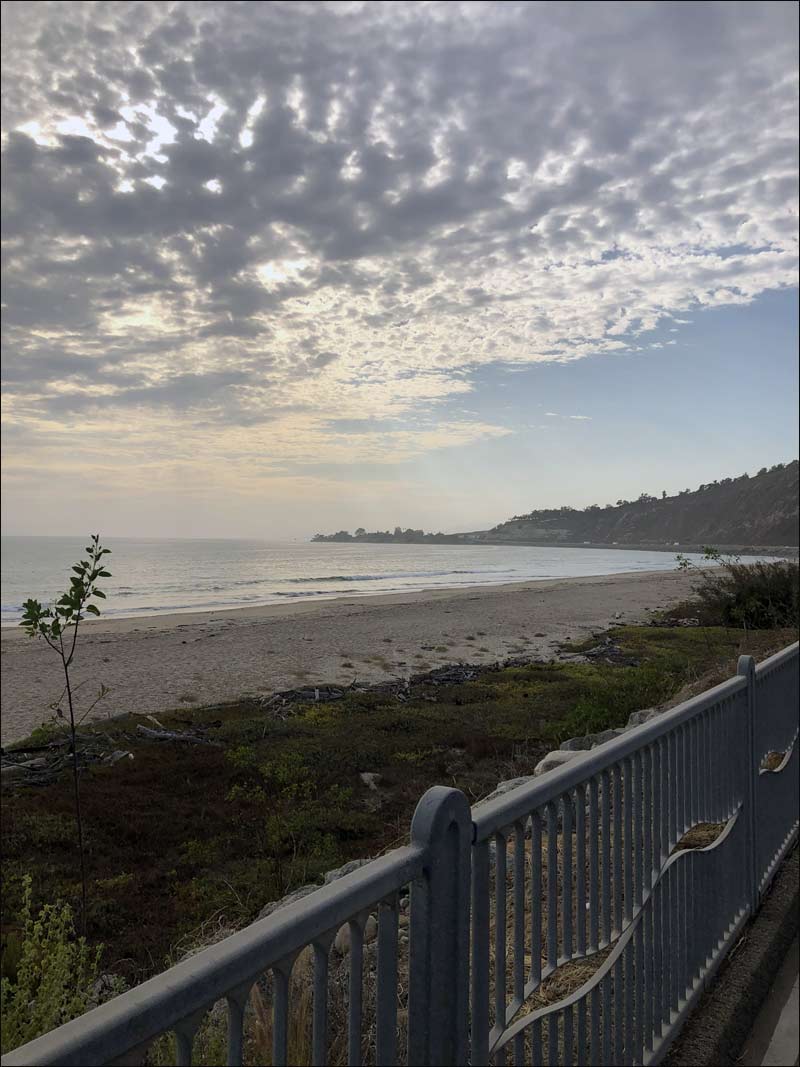
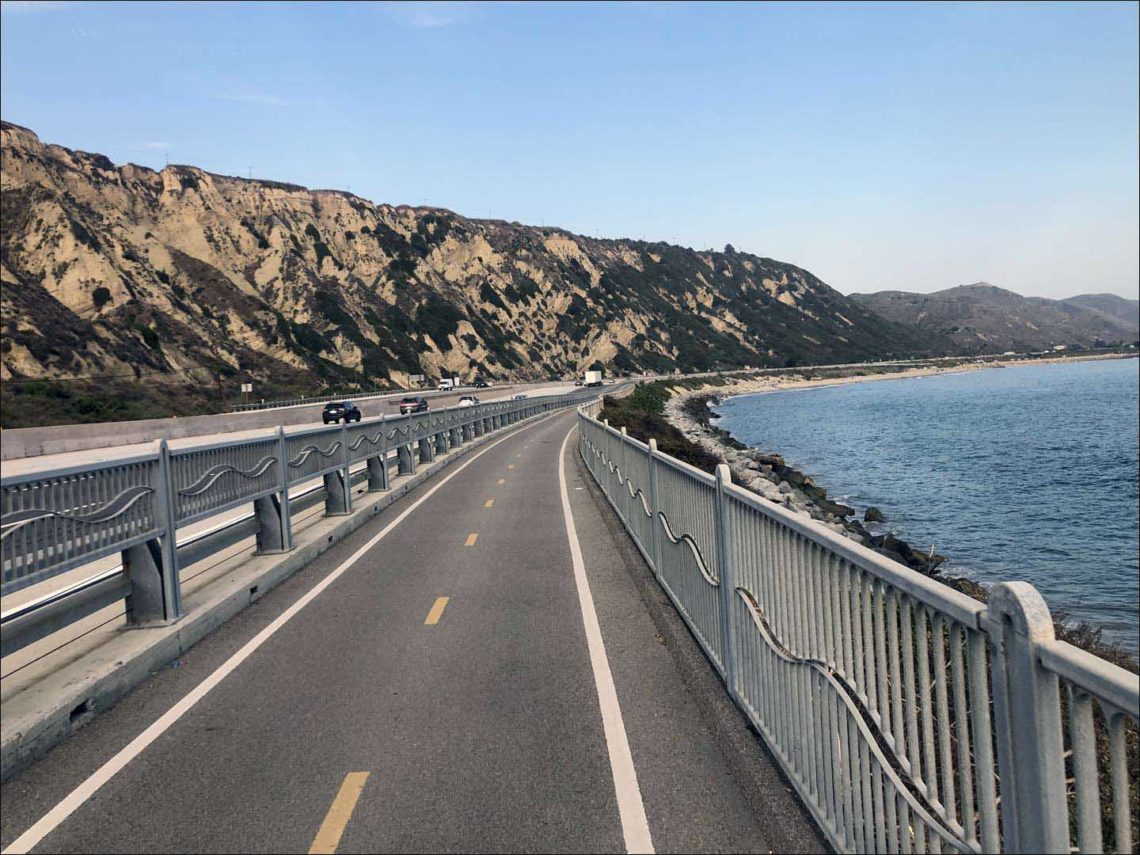



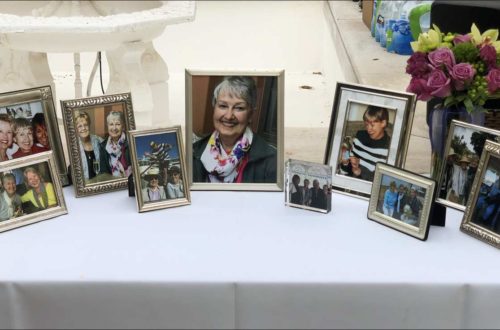
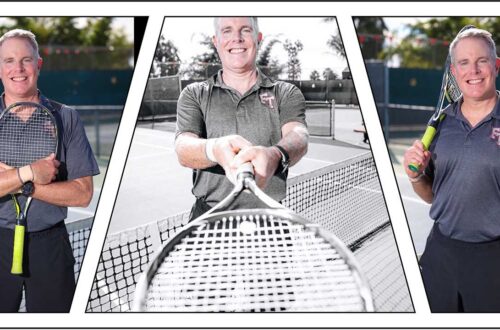
3 Comments
Dick Geib
Enjoyed your end of summer posting and mostly agree. You are a little hard on motor-
cyclists, as shown by your picture of a gross cyclist. Also, I’m not sure that all really worthwhile pursuits need to be difficult. In my experience, some skills and achievements just come easily and naturally to the lucky few.
Dad
rjgeib
“Natural talent” helps. But I’ve met few accomplished cyclists, pianists, shooters, or tennis players who did not also put in the “hard yards.” YMMV.
J. Kinny
Indeed the hard yards includes political campaigning and canvassing, something necessary after some recent revelations about COVID. I tell people they need to VOTE because (my political opinion included) the deliberate lying to the American public about the seriousness of the disease is inexcusable. I need to do the hard yards to get an accountable government and it’s exhausting but I need to do it.